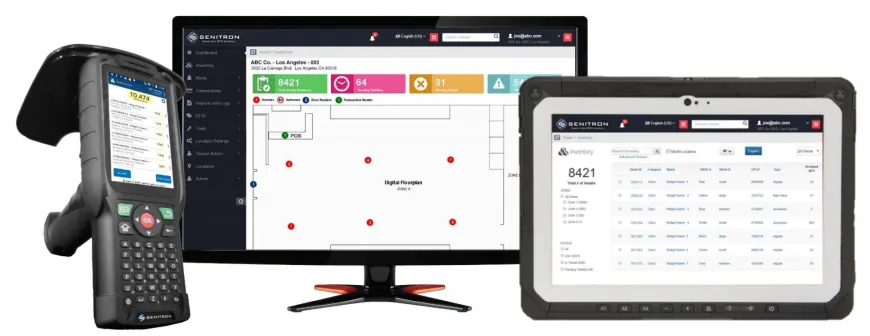Effective Practices for Medication Inventory Management Systems
Discover the best practices for managing a medication inventory system. Learn how accurate tracking, automated solutions, and proper storage ensure smooth operations in healthcare.

Managing medication inventory is crucial for healthcare facilities. Proper systems ensure timely access to medication, reduce errors, and help maintain compliance. A well-organized inventory system plays a vital role in patient care and operational efficiency.
This article highlights the best practices for a medication inventory management system, focusing on how healthcare organizations can streamline their processes and ensure safety.
1. Accurate Medication Tracking
Tracking medications in real-time is essential for managing inventory effectively. Real-time tracking helps avoid stock shortages and ensures that the right medications are available when needed. This practice also prevents expired medications from remaining in stock.
Implementing automated systems like RFID healthcare solutions ensures accuracy in medication tracking. RFID tags allow real-time monitoring of medication quantities, expiration dates, and locations, significantly improving efficiency.
2. Regular Inventory Audits
Routine inventory audits help maintain accurate records and identify discrepancies early. Conducting these audits ensures that medication levels are correct and aligns with usage trends. Regular checks reduce the risk of errors and ensure compliance with healthcare regulations.
Automated inventory systems can assist by providing accurate data for audits, minimizing manual errors and speeding up the process.
3. Optimize Storage Conditions
Proper storage of medications is critical to maintaining their effectiveness. Medications should be stored in temperature-controlled environments with appropriate lighting and humidity levels. Keeping medications in optimal conditions reduces the risk of spoilage and ensures their potency remains intact.
Facilities should also organize storage areas systematically, using clear labeling and dedicated sections for different types of medication. This organization improves efficiency during restocking and retrieval.
4. Use of Automated Inventory Systems
Automated inventory systems, such as RFID warehouse inventory management, provide real-time visibility of medication levels. These systems automate the tracking and replenishment process, ensuring that stock levels are always accurate.
By using RFID technology, healthcare facilities can minimize manual errors, streamline processes, and improve overall inventory management. Automated systems also enable quick reporting, helping management make informed decisions regarding inventory needs.
5. Establish a Reordering System
A well-structured reordering system ensures medications never run out. Reordering should be based on minimum stock levels to avoid stockouts. Automated systems can send alerts when medication levels drop below a set threshold, allowing timely restocking.
Working with reliable suppliers and maintaining a steady supply chain ensures that reordering happens without delays. Having an emergency reordering system in place also helps manage unforeseen increases in medication demand.
6. Ensure Compliance and Safety Standards
Medication inventory management systems must comply with healthcare regulations. Safety standards, such as proper labeling, secure storage, and handling of controlled substances, must always be followed. Compliance with these regulations reduces the risk of penalties and ensures patient safety.
Training staff on the importance of following these standards ensures that everyone understands the risks involved with poor inventory management practices.
Conclusion
Managing medication inventory efficiently requires a combination of accurate tracking, regular audits, and the use of automated systems. Healthcare facilities that adopt RFID-based solutions, such as RFID healthcare and RFID warehouse inventory management, will experience enhanced accuracy, safety, and compliance.
By following these best practices, facilities can streamline their medication inventory management, reduce errors, and ultimately provide better patient care.

 hollandsmith157@gmail.com
hollandsmith157@gmail.com 










